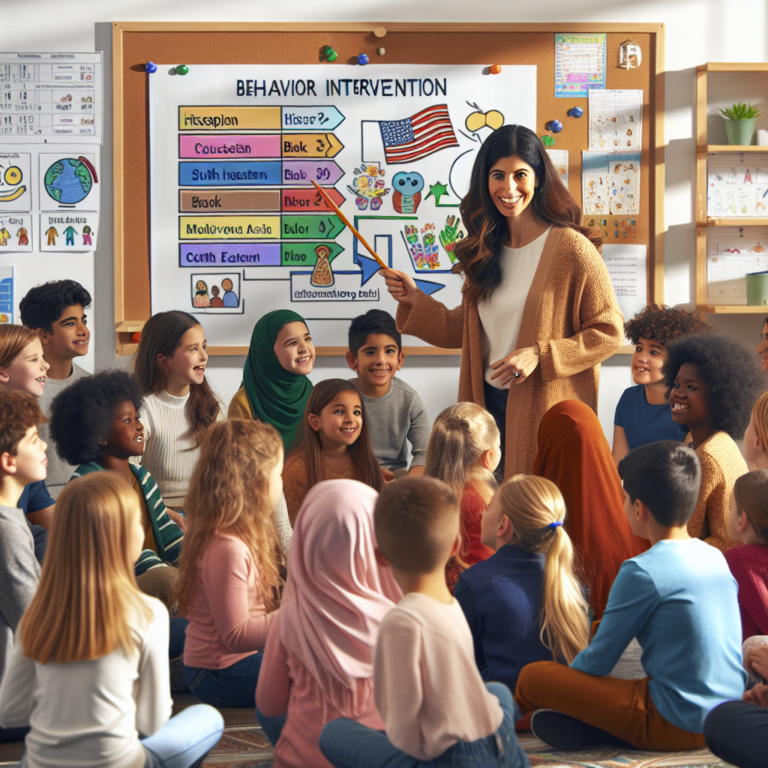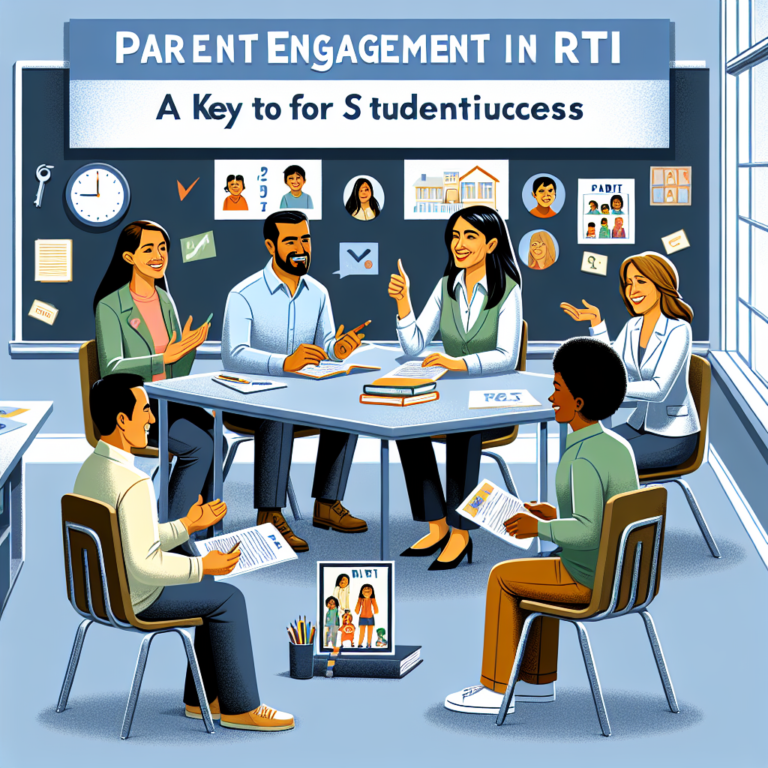
Introduction
Imagine a school where every student thrives, not just academically but emotionally and socially too. Picture teachers equipped with proven methods that transform theoretical frameworks into actionable strategies. This vision isn’t just a dream—it’s achievable with effective school-based interventions. As we explore the journey from theory to practice, we’ll delve into essential strategies that can bridge the gap between innovative educational theories and real-world application.
Why School-Based Interventions Matter
School-based interventions are integral in addressing the diverse needs of students. With growing concerns over mental health, educational disparities, and behavioral issues, implementing effective strategies is more crucial than ever. According to recent studies, schools that adopt structured interventions see significant improvements in academic performance, attendance, and student well-being.
In this article, we’ll explore successful case studies and provide you with actionable insights that take you from theory to practice in creating impactful school-based interventions.
Understanding the Framework
Theoretical Background
Effective school-based interventions are built on solid theoretical foundations. Concepts such as Response to Intervention (RTI) and Multi-Tiered Systems of Support (MTSS) provide frameworks for identifying students’ needs and delivering targeted support.
- RTI focuses on early identification and support for students with learning and behavior needs.
- MTSS emphasizes a holistic approach, ensuring comprehensive support across academic and behavioral domains.
Practical Implications
Transitioning from theory to practice involves understanding these frameworks and customizing them to fit the school environment. Employing evidence-based practices and continuous assessment methods helps educators make informed decisions, allowing them to refine strategies as needed.
Strategies for Implementation
1. Collaborative Planning
One of the most effective strategies for implementing school-based interventions is fostering a collaborative environment among educators. By sharing insights and experiences, teachers can develop comprehensive intervention programs tailored to their students’ needs.
Case Study: The Collaborative Approach at Maplewood High School
At Maplewood High School, a team of educators formed a collaborative task force aimed at developing and implementing an RTI program. The team met bi-weekly to analyze student performance data, brainstorm solutions, and create a unified intervention strategy that was responsive to student needs.
Analysis: The collaborative approach not only empowered teachers but also fostered a sense of community among staff, ultimately leading to improved student performance.
| Collaboration Outcomes | Effective Practices |
|---|---|
| Improved student achievement | Regular data analysis meetings |
| Increased teacher engagement | Shared resources and training |
| Enhanced parental involvement | Workshops to educate families |
2. Evidence-Based Practices
Implementing interventions grounded in research is essential for success. Utilizing evidence-based practices ensures that strategies are not only theoretically sound but also practically effective.
Case Study: Evidence-Based Literacy Interventions in Springfield Academy
Springfield Academy adopted a series of evidence-based literacy programs, focusing on phonemic awareness and comprehension strategies for struggling readers. The school conducted regular training sessions for teachers, enabling them to implement these interventions effectively.
Analysis: By grounding their interventions in research, Springfield Academy demonstrated significant improvements in reading skills among students, highlighting the practicality of evidence-based approaches.
3. Continuous Assessment
A key part of transitioning from theory to practice is the implementation of continuous assessment methods. Regularly collecting and analyzing data allows educators to monitor student progress and make timely adjustments to interventions.
Case Study: Dynamic Assessment at Crestwood Middle School
Crestwood Middle School implemented a dynamic assessment model to track student growth within their MTSS framework. Teachers used formative assessments to gauge the effectiveness of their interventions, allowing for adjustments within the same semester.
Analysis: This proactive approach increased student engagement and provided teachers with the tools to tailor interventions in real time, leading to improved outcomes.
4. Family and Community Engagement
Involving families and community members in the intervention process can amplify the effectiveness of school-based strategies. Educating parents about the interventions and how they can support their children at home is critical.
Case Study: Family Outreach Programs at Riverside Elementary
Riverside Elementary instituted monthly workshops for parents, where they learned about the school’s intervention strategies and how they could reinforce them at home. This initiative resulted in strong home-school connections and improved student behavior and performance.
Analysis: Engaging families in the intervention process enhanced the overall impact of the school’s strategies and fostered a culture of collaboration between the school and community.
Overcoming Barriers to Implementation
Identifying Challenges
While effective strategies exist, many schools face barriers that hinder the successful implementation of interventions. Common challenges include:
- Limited Resources: Many schools lack the funding necessary for training and materials.
- Resistance to Change: Staff may be hesitant to adopt new practices, fearing the unknown.
- Lack of Training: Insufficient professional development can lead to a lack of confidence in implementing interventions effectively.
Solutions
To tackle these barriers, schools can:
- Seek grants and funding opportunities dedicated to educational interventions.
- Foster a culture of openness where staff members can voice concerns and share ideas.
- Invest in comprehensive professional development that equips educators with the necessary skills.
Achieving Lasting Change
Sustainability of Interventions
For school-based interventions to have a lasting impact, they must be sustainable. This involves continuous evaluation, stakeholder involvement, and adaptability to changing student needs.
Case Study: Sustainable Practices at Horizon High School
Horizon High School established a sustainability committee that focused on reviewing and adapting school interventions each year. This committee engaged students, teachers, and parents in its assessments, ensuring that interventions remained relevant and effective.
Analysis: By prioritizing sustainability, Horizon High School was able to maintain its intervention programs’ effectiveness over time, creating a robust support system for all students.
Conclusion
Transitioning from theory to practice is crucial for the successful implementation of school-based interventions. By fostering collaboration, utilizing evidence-based practices, engaging families, and ensuring continuous assessment, schools can develop effective strategies that cater to the diverse needs of their students.
In a world where educational success is increasingly dependent on tailored strategies, adopting these proven methods can inspire lasting change. As educators, the commitment to making a difference in the lives of students should remain at the forefront of our intentions.
Motivational Takeaway
Let’s embrace the challenge of turning best practices into reality. Remember, each step taken toward implementing effective school-based interventions is a step toward unlocking the full potential of our students.
FAQs
1. What are school-based interventions?
School-based interventions are systematic strategies implemented within schools to address the academic, emotional, or behavioral needs of students.
2. How can I ensure the interventions I use are effective?
Utilize evidence-based practices, continuously assess student progress, and be open to adapting strategies based on data.
3. What role do parents play in school-based interventions?
Parents can reinforce strategies at home, provide feedback, and collaborate with educators to ensure the best outcomes for their children.
4. How can I address resistance to change among staff?
Encourage open discussions, involve staff in decision-making, and provide professional development opportunities that highlight the benefits of new strategies.
5. Why is sustainability important for school-based interventions?
Sustainability ensures that effective practices continue to benefit students over time, adapting to their changing needs and maintaining a supportive learning environment.
Implementing school-based interventions is a journey from theory to practice. As we engage in this transformative process, we not only enhance educational outcomes but also empower a generation of learners—ensuring that every student can achieve their fullest potential.















